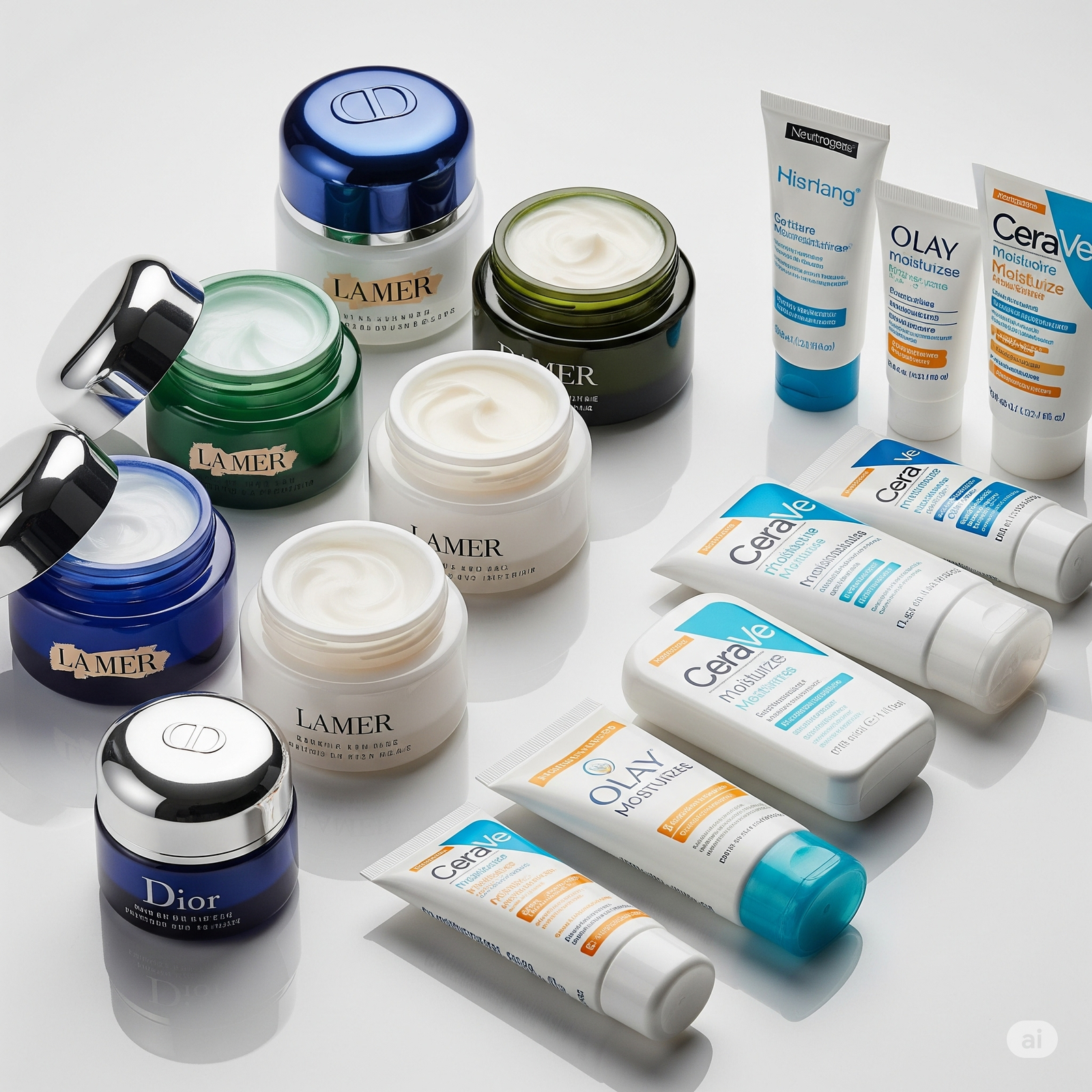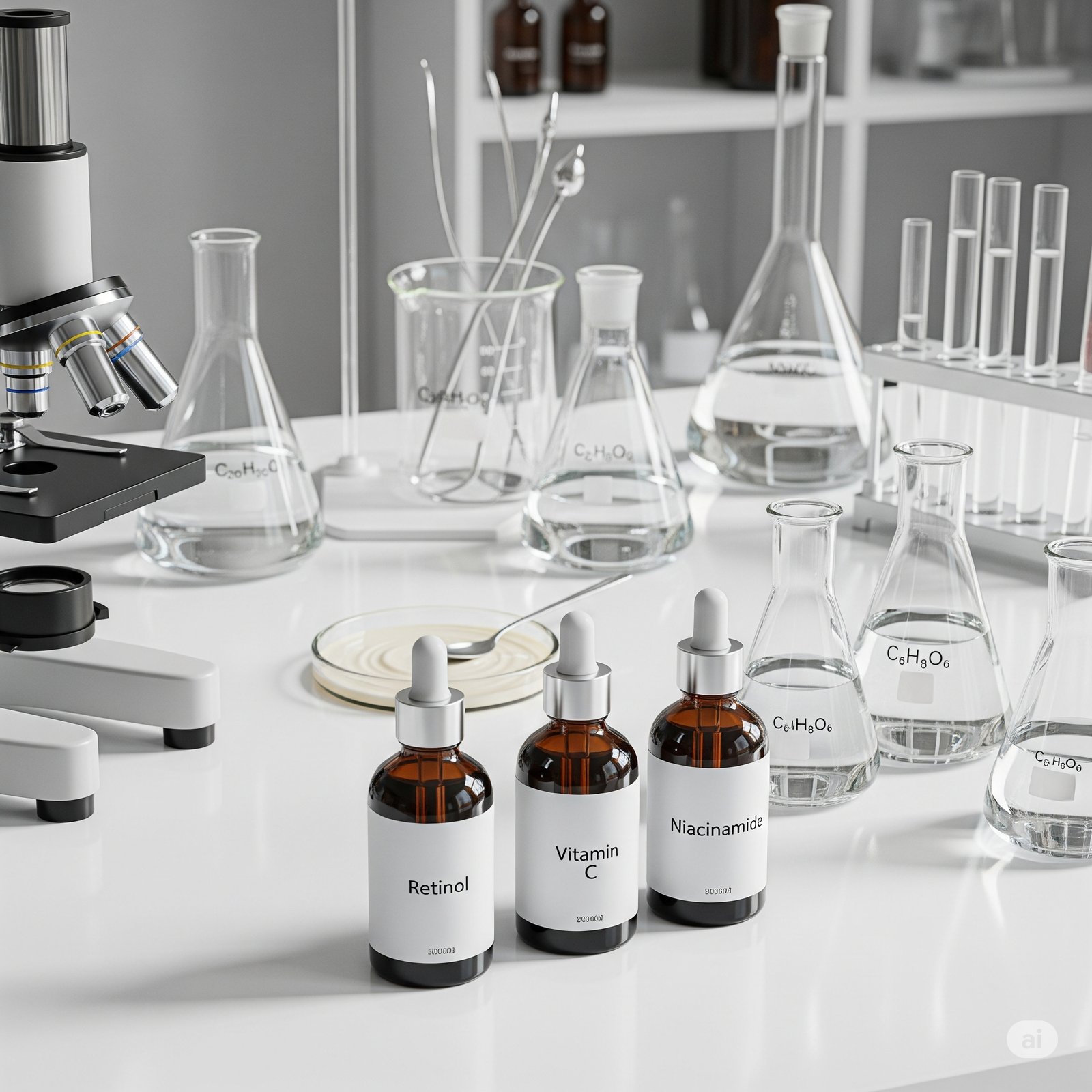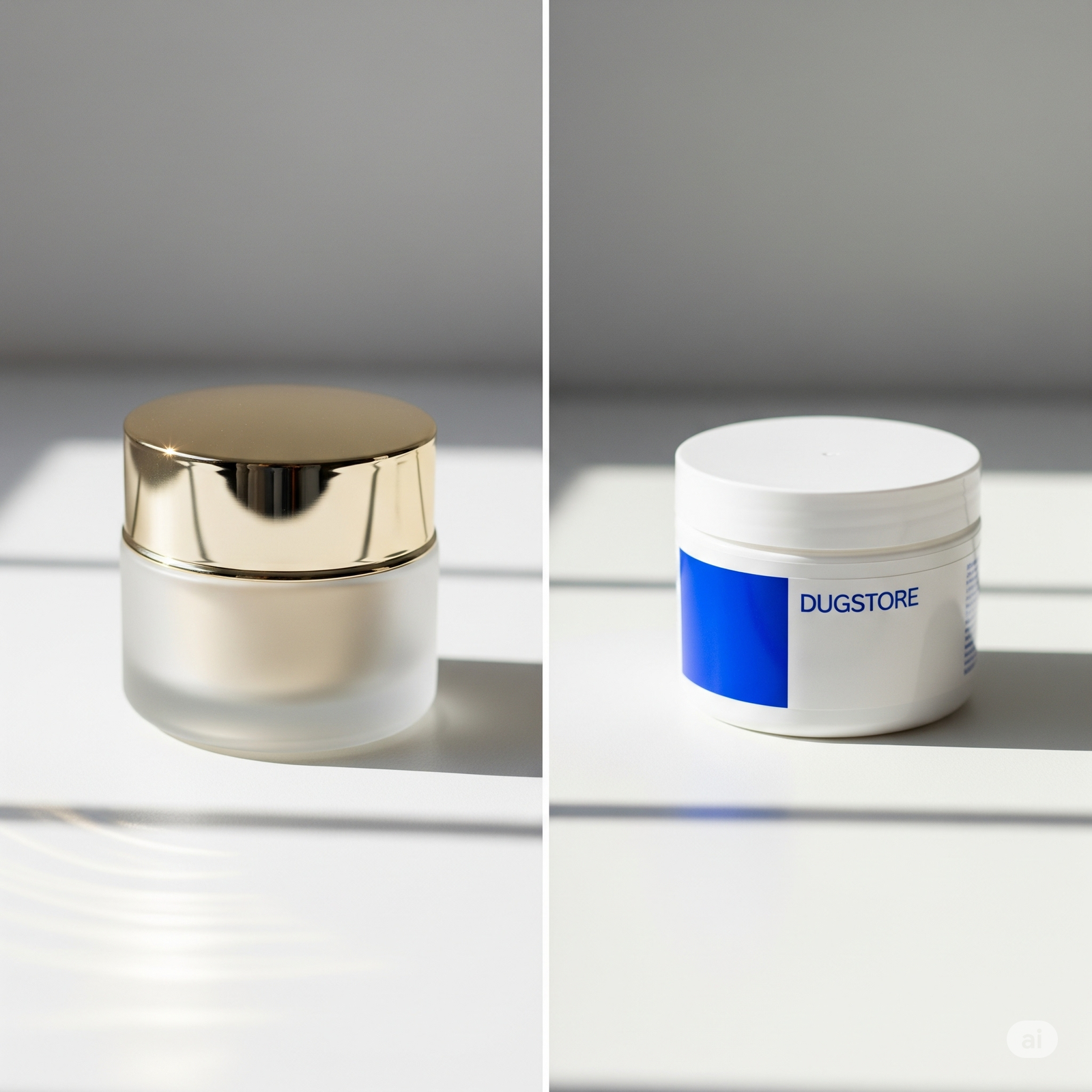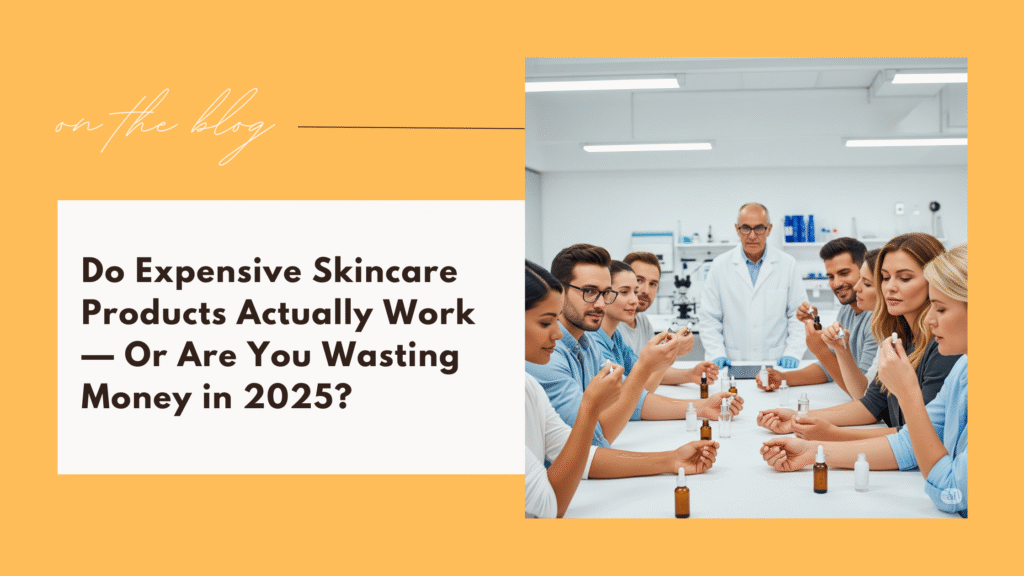When you see a ₹20,000 moisturizer in a glass jar or a $200 serum that promises “instant transformation,” it’s natural to ask: do expensive skincare products really work — or are we just paying for fancy packaging?
As someone who has experimented with both drugstore basics and luxury skincare over the past few years, I’ve learned that price doesn’t always equal performance. Let’s break down what you’re really paying for — and when it might actually be worth it.
What Expensive Skincare Promises

Luxury skincare brands sell more than just creams and serums — they sell dreams. Their marketing usually emphasizes:
-
Rare or exotic ingredients (think caviar extract, diamond dust, gold-infused creams).
-
Advanced research claims (phrases like “clinically proven,” “backed by Nobel science”).
-
Luxury experience (frosted glass jars, gold lids, perfume-like scents).
-
Exclusivity (celebrity endorsements, limited-edition drops).
This can make products feel special — but does that mean they work better than affordable options?
Science vs. Marketing: What Actually Matters

Here’s the truth: your skin doesn’t care about price tags or packaging.
What matters are active ingredients and their concentration. For example:
-
Retinol (Vitamin A) — proven to reduce wrinkles and improve texture.
-
Niacinamide — helps with oil control, redness, and barrier repair.
-
Vitamin C (L-Ascorbic Acid) — brightens skin and reduces pigmentation.
-
Hyaluronic Acid — hydrates by binding water molecules.
A ₹500 niacinamide serum from The Ordinary may deliver results just as well as a ₹5,000 serum from Dior — if the concentration and formulation are correct.
👉 In short: expensive skincare works only if it contains effective actives at the right levels.
When Expensive Skincare Might Be Worth It
-
Stability of ingredients → Some luxury brands invest in advanced packaging (airless pumps, UV protection) that keep vitamin C or retinol stable for longer.
-
Texture and feel → High-end creams often spread better, absorb faster, and feel luxurious — which can make you more consistent in using them.
-
Sensitive skin formulations → Expensive brands sometimes reduce fragrance or irritants, investing in soothing bases that cheaper dupes might skip.
-
Dermatology-driven brands → Products from clinical-backed brands like SkinCeuticals or Obagi often do justify their higher price due to rigorous testing.
When It’s Just Packaging & Hype
-
Fragrance-heavy “luxury” creams — your skin doesn’t need perfume.
-
Designer branding — Louis Vuitton or La Mer skincare isn’t about science; it’s about status.
-
Exotic extracts (gold flakes, caviar, pearl powder) — little to no scientific proof they help skin.
-
Big jars with little active ingredients — lots of promise, but mostly water + emollients.
Quick Breakdown: Expensive vs. Affordable Skincare

| Category | Affordable (₹300–₹1000) | Expensive (₹5,000–₹20,000+) | Verdict |
|---|---|---|---|
| Cleansers | Gentle drugstore face washes | Luxury foaming gels with fragrance | Save — affordable works just as well |
| Moisturizers | Cetaphil, Neutrogena, CeraVe | La Mer, Dior, Chanel creams | Save unless you want luxury texture |
| Actives (serums) | The Ordinary, Minimalist, Paula’s Choice | SkinCeuticals, Obagi | Sometimes worth it for stability/testing |
| Sunscreens | Affordable K-beauty & drugstore options | Luxury SPF with fragrance | Save — SPF is SPF if broad-spectrum |
| Eye Creams | Mostly marketing | Mostly marketing | Skip — use a good moisturizer instead |
Real Community Voices (Reddit & Quora Style)

Reddit (r/SkincareAddiction):
“I tried La Mer for 6 months and honestly my drugstore CeraVe cream did the same job for a fraction of the price. The only difference was the scent and packaging.”
Quora (Skincare Topic):
“Expensive skincare can sometimes mean better delivery systems for actives like Vitamin C. But 80% of the time, you’re paying for marketing and packaging.”
Reddit (r/AsianBeauty):
“My holy grail is a $12 sunscreen. I once bought a $90 one that broke me out. Price isn’t always protection.”
FAQs
Do expensive skincare products work better?
Not always. Effectiveness depends on active ingredients and formulation, not price.
Is La Mer really worth it?
For most people, no. Its “miracle broth” has no unique clinical backing compared to cheaper moisturizers.
Should I invest in serums over cleansers/moisturizers?
Yes. Cleansers and basic moisturizers can be cheap. Actives like Vitamin C or retinol may be worth spending more on for stability and results.
Conclusion
So, do expensive skincare products work? Sometimes — but not because they’re expensive.
👉 Here’s how to shop smarter:
-
Spend on proven actives (retinol, Vitamin C, niacinamide).
-
Save on basics (cleanser, moisturizer, sunscreen).
-
Don’t fall for fancy packaging and hype words.
-
Remember: consistency > price tag.
For a deeper dive into whether skincare routines need to be complex, check out my earlier post: Good Skin Without Skincare? The 2025 Guide to Naturally Glowing Skin


